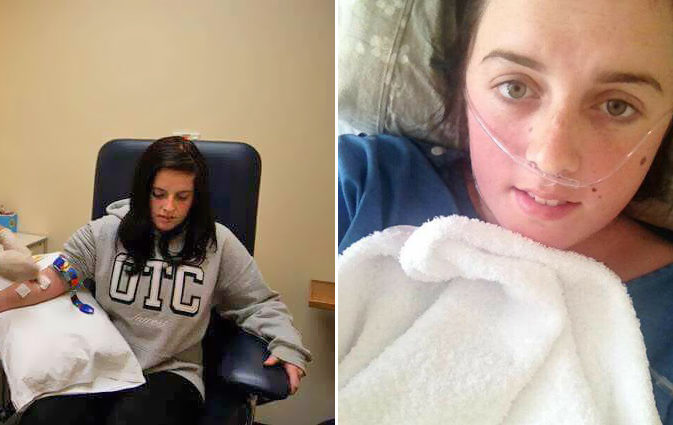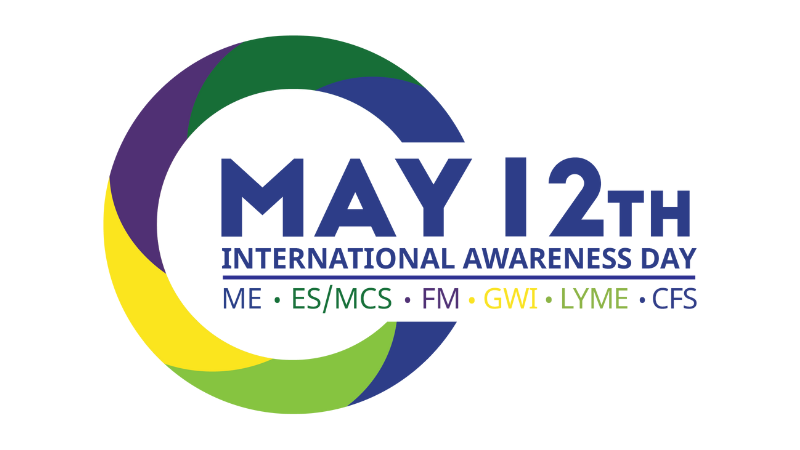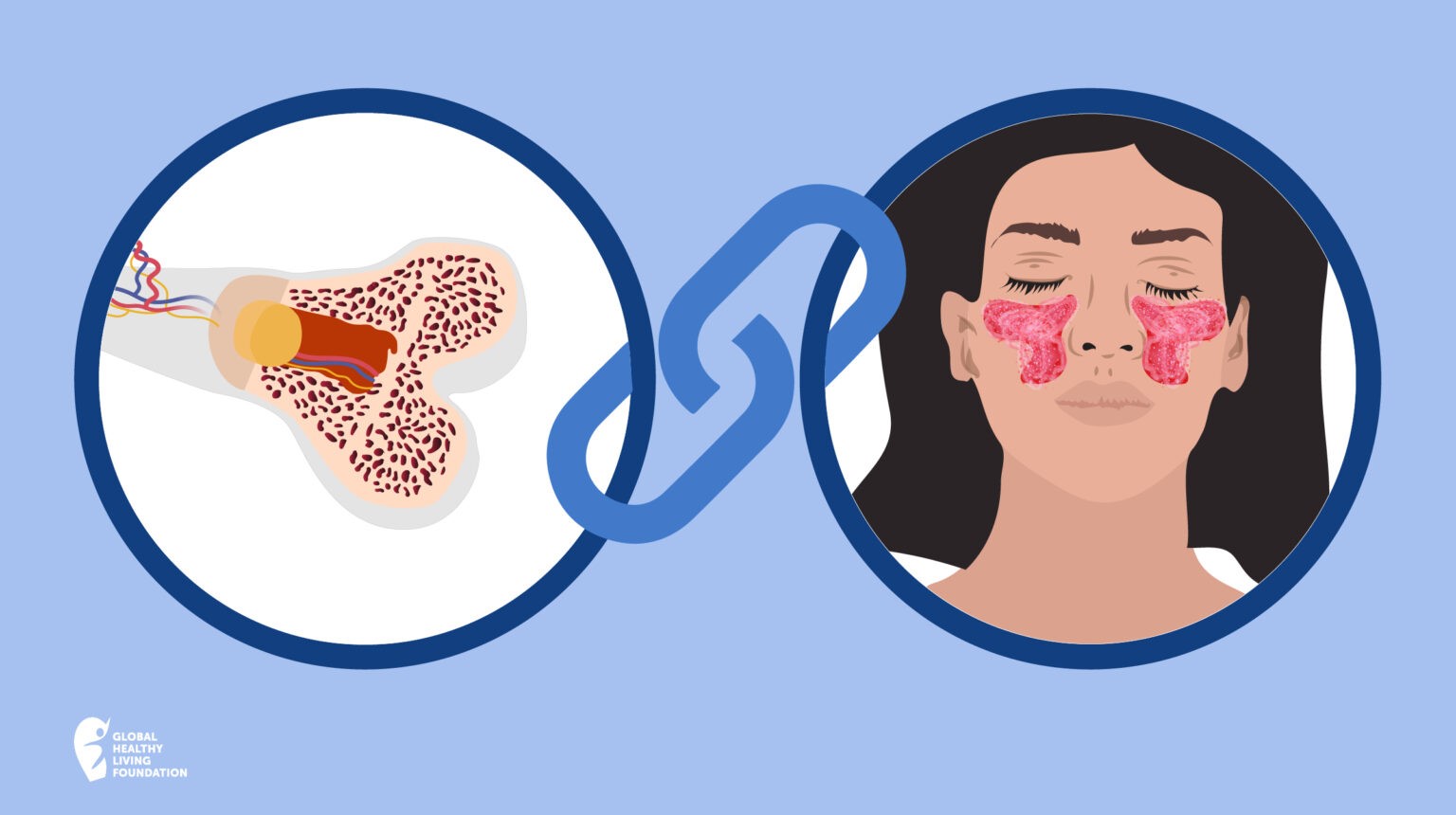

What condition have you been diagnosed with and how did it begin?
My name is Paige Robinson. I am a 24-year-old female and I was diagnosed with rheumatoid arthritis at 18 months old but had a range of different tests before then to figure out exactly what was going on. My rheumatoid arthritis was triggered after suffering an airborne virus that left me sick – unable to sleep or eat.
How has your condition affected your life?
Arthritis has affected my life in both positive and negative ways. It hasn’t held back my career, I just understood that I needed a job that allowed me to sit the majority of the time. It has affected my family due to them spending a lot of time stressed about me and spending time in hospitals with me. Arthritis also affects my relationships due to others not really understanding what people who suffer this disease go through and that it’s not “all in our head”.
How did you feel when you were first diagnosed? What emotions did you go through?
I’m not sure how I felt when I was first diagnosed as I was so young, but, these days, I feel okay most of the time. I try to stay positive as much as I can. On the days where I can’t, I have learnt to just give myself time to relax and know that it’s what my body needs and deserves.
Who are your biggest supports?
My biggest supports are (100 per cent) my family and close friends. I could not be more grateful for the love and help they give me.
Who is on your health care team?
I don’t really believe that I have a health care team (not a medical team anyway). Once you’ve been in the medical system for so long, you sort of just become part of the furniture. I do have a rheumatologist and a GP.
What’s the hardest thing about living with your condition?
The hardest thing about living with arthritis is trying to get people that are close to me to understand that my condition is invisible and that I’m not making it up. Also, having to give up certain things I enjoy.
What adaptations have you made to cope with the physical, emotional and financial challenges your health issues impose upon you?
I’ve learned it’s important to just take each day as it comes and to have a good team behind you. Do what’s best for you and what feels right for your body.
Have you managed to continue to work? Is your employer understanding of your needs? If yes how?
I have continued with full-time work and my employer is as understanding as they can be with little knowledge of the disease.
When you are having a really challenging and painful day do you have a particular coping tool that helps you get through the day?
The best coping tool you can have is your mind. Keep positive, as the more you start getting negative about it the worse it gets both physically and mentally.
If you are some way along your journey what advice would you give to your newly diagnosed self?
I would say to just continue to be you. The disease will make you who you are. You will be stronger. You will grow more compassion for those who suffer or are in need. You will learn to not take the small things for granted (such as the days when you feel less pain). You are allowed to have days where you feel that staying in bed is the best thing for you. You cannot feel guilty for putting your health first. And, most of all, no matter what anyone says, it’s not all in your head.
What would you like people to know about living with a condition like yours?
I have had my left hip replaced when I was 19 and it was honestly the best thing that I could have done for my health. I would highly recommend them if anyone ever required one.
Interviewed by Sarah Clark




